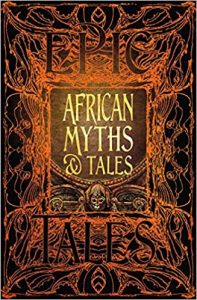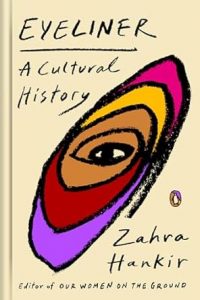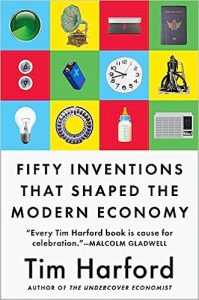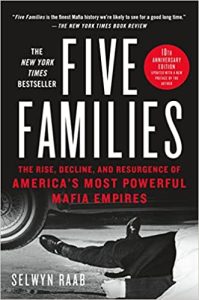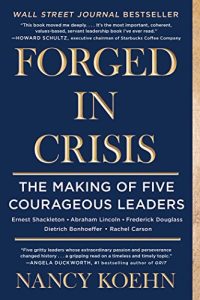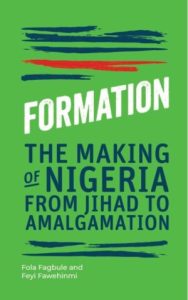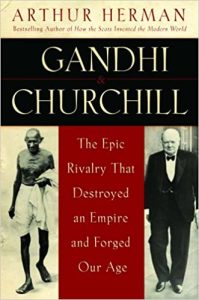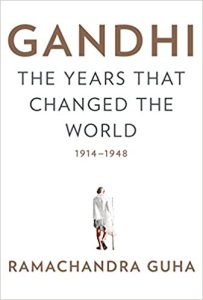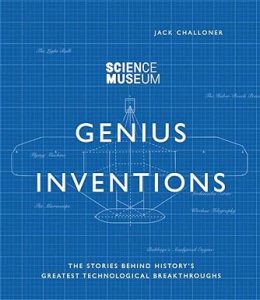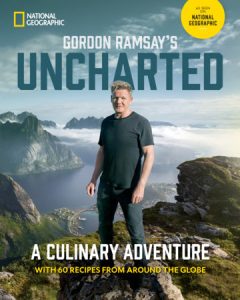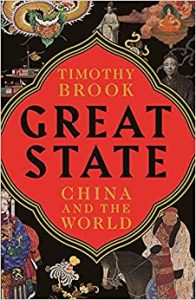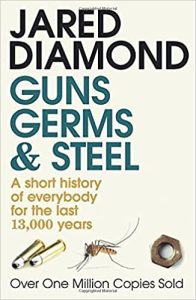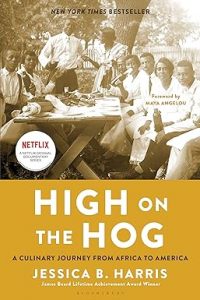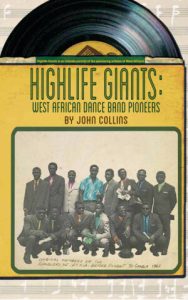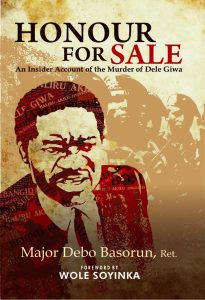Epic African Myths & Tales
₦8,000.00Africa south of the Sahara is a land of wide-ranging traditions and varying cultures. Despite the diversity and the lack of early written records, the continent possesses a rich body of folk tales and legends that have been passed down through the strong custom of storytelling and which often share similar elements, characters and ideas between peoples. So this collection offers a hefty selection of legends and tales – stories of the gods, creation and origins, trickster exploits, animal fables and stories which entertain and edify – from ‘Obatala Creates Mankind’, from the Yoruba people of west Africa, to ‘The Girl Of The Early Race, Who Made Stars’, from the San people of southern Africa, all collected in a gorgeous gold-foiled and embossed hardback to treasure.

